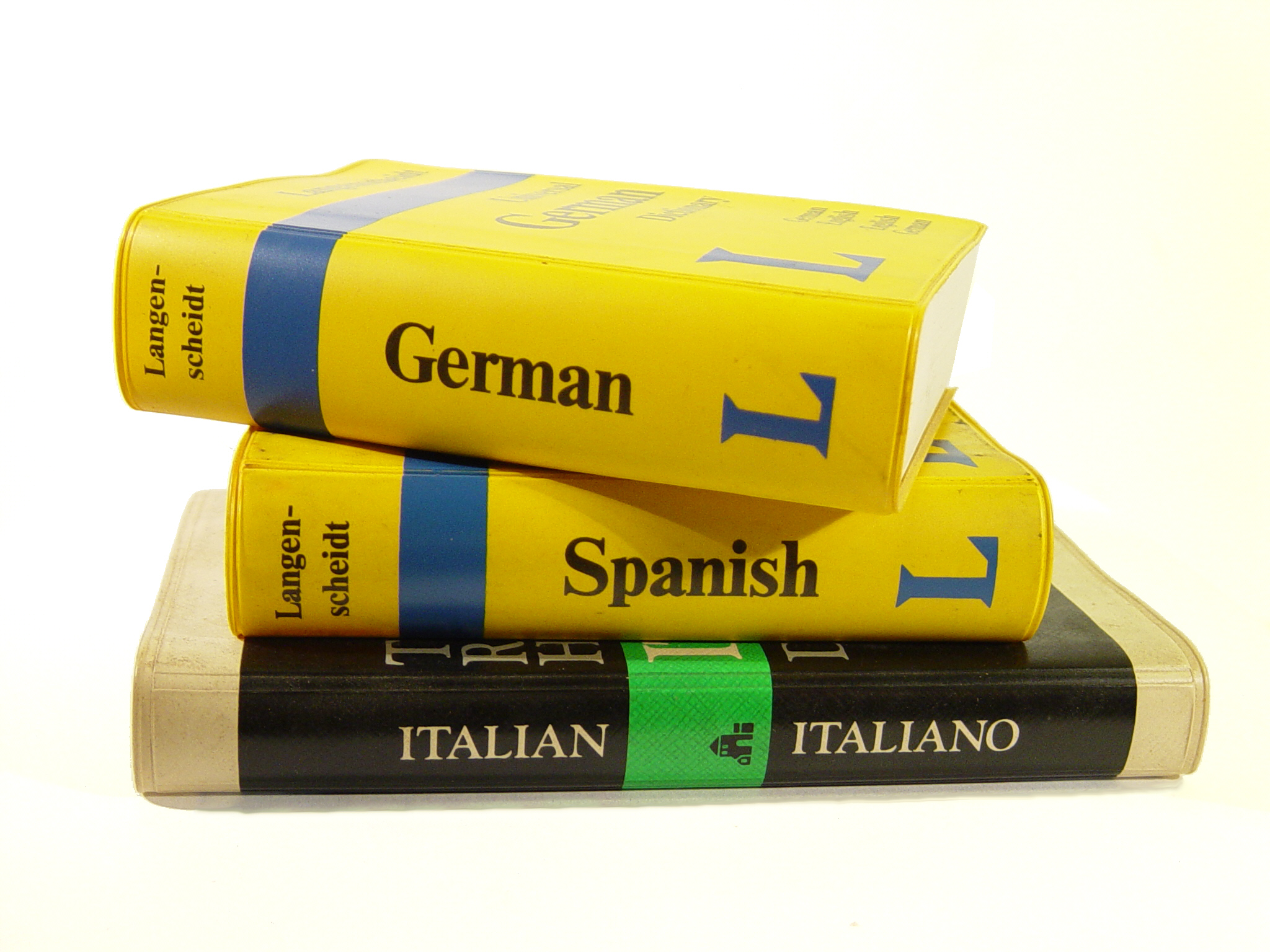

"Stallman, and I think Snowden, are notable exceptions who consistently find clear imagery and direct language."In 2021 I've made a big effort to explore a better vocabulary around tech-rights by reading more current ideas of others. Being sometimes reluctant to adopt perfectly good terms coined by other people is no good for plain talking 2, and no good for expanding ones mind. An "academic disease" technical people like myself suffer, prevents friendly rapport about software freedom and digital rights. We put people off because we don't reach for the right tropes. Stallman, and I think Snowden, are notable exceptions who consistently find clear imagery and direct language.
 As it goes, there is nothing new under the sun and contemporary issues are all timeless philosophical chestnuts visited over centuries in archaic language. But it's rare to find listeners with ears tuned to Heraclitus, Nietzsche, Fromm, Freud, Heidegger, Deleuze, Mumford, Machiavelli, Ellul, Postman… Those old chaps explained in exquisite detail why BigTech is a mighty turd in our punch-bowl, but lacking the fresh words that new ears can hear. I mean, what exactly is atomisation, appropriation, alienation, anomie and acedia (just some of the stuff starting with 'A')? Part of my job is to be a translator.
As it goes, there is nothing new under the sun and contemporary issues are all timeless philosophical chestnuts visited over centuries in archaic language. But it's rare to find listeners with ears tuned to Heraclitus, Nietzsche, Fromm, Freud, Heidegger, Deleuze, Mumford, Machiavelli, Ellul, Postman… Those old chaps explained in exquisite detail why BigTech is a mighty turd in our punch-bowl, but lacking the fresh words that new ears can hear. I mean, what exactly is atomisation, appropriation, alienation, anomie and acedia (just some of the stuff starting with 'A')? Part of my job is to be a translator.
So I've opened up more to fresh, albeit imperfect, words with 'currency'. They bring efficiency, but at the cost of missing some readers. Like, "unclouding", "degoogling" and "peoplewaring" - sure, they can stand in for a whole diatribe on technology and rights - but only to the initiated. The aim must remain practical; to be a better communicator, which means being widely understood. Whatever works, works. So this year I politely passed over someone's suggestion I avoid using the term "Big Tech" (because it's a Microsoft "shill word"). It's useful, so it stays.
This year I have devoured, amongst others, Wendy Liu's Abolish Silicon Valley Liu20, Sophie Brickman's Baby Unplugged Brickman21, Cory Doctorow's How to destroy surveillance capitalism Doctorow20, Thomas Kersting's Disconnected: Protect Your Kids Against Device Dependency Kersting20, Nicholas Kardaras's Glow Kids Kardaras16, Carissa Véliz's Privacy is Power: Why You Should Take Back Control Veliz21, Jenny Oddell's How to Do Nothing: Resisting the Attention Economy Odell20, and Gerry McGovern's World Wide Waste McGovern20. Each offers another piece of the jigsaw of tech-rights.
Reading more widely (within an apparently narrow genre) I see many threads to tech-rights. I want to experience a wide vista of diverse and even contradictory stances. Some people will be passionate about single issues like the plight of child workers in smartphone manufacture. Those same people may be indifferent or oblivious to neighbouring matters like the energy costs of "cloud" data-centres, and oppositional on some subjects - like perhaps they think that government backdoors really might stop terrorism and child sexual abuse, or that 5G masts are reading their thoughts.
How tech-rights are "spun" in the literary genre and "demographic" is interesting. I wanted to figure out who Digital Vegans might be. There's a dozen different bookstore buckets we can fall into. Self-help. Espionage, spies and intrigue. Management. Lifestyle. Cybersecurity. Conspiracy, leaks and exposes. Public affairs and politics. Pop psychology… Bargain (cheapskates)…
"...the distinction of “Free as in Beer. Free as in Freedom” has done little to alleviate the American-English association to “gratis, worthless”."Words are politics, and meanings can make or break a conversation. After forty years we still haven't dissuaded mainstream journalists from abusing words like "piracy", which I cringe at every time I read it. Today crypto is in danger of conflating secure communication with blockchains. I still need to be careful to whom I describe my work as "hacking", or that I've worked on "algorithms", or "influence".
I've lost my love for using "Free" software as a choice of word, in favour of "Libre". Thirty years of GNU/FSF hammering the distinction of "Free as in Beer. Free as in Freedom" has done little to alleviate the American-English association to "gratis, worthless".
I was impressed by the wily troll who in comments to one of my articles attacked "Free software" in a masterfully condescending fashion, implying that it is insecure, because everyone knows that "if the product is free, you are the product". That's beautifully disingenuous, wilfully misunderstanding at least three foundational infosec concepts in a single sentence - but hats-off, I honestly would have a hard time arguing that down for any "non-technical random normie".
"I've started putting more emphasis on the word "dignity" than "privacy", and using the former, which has a stronger dictionary definition, where it adds clarity.""Free" software sets itself up for failure because at this time many correct arguments are circulating that "Free is the problem" (in regard to monetary cost of BigTech services). I'd personally prefer the straightforward, bolder term "Non-Fascist Software". An associate in America, a modern Waldo, wrote a poetic polemic titled "Technofascism". I'm still enchanted by this word and spent a while deconstructing it in a two part series. It's a shame the word is out of bounds (for good historical reasons of respectful political correctness), because when it comes to ticking-off the criteria of Fascism BigTech increasingly satisfies the whole list, bar the physical violence?
I've started putting more emphasis on the word "dignity" than "privacy", and using the former, which has a stronger dictionary definition, where it adds clarity. Distinguishing confidentiality, sensitivity and privacy from secrecy has also been useful.
Interoperability, versatility and resilience became more prominent terms in my thinking this year, and I was surprised to discover there is a whole emerging field of resilience-engineering. I also put more effort into my (and my students) clear language, to disambiguate and carefully define security, safety, quality, trustworthiness, resilience, robustness, longevity, adaptability, repirability, legibility and so on… Andersons book remains the veritable bible of clear security engineering language.
"What I noticed is the wealth of qualitative knowledge about software that seems diminished in modern discourse."I had to stand in for a poorly-equipped colleague and take some of a "Software Engineering and Project Management" unit for half a semester. That was delightful because it meant revising Ian Sommerville sommerville88, Fred Brooks brooks75, John Gall Gall75, William Edwards Deming Deming93 and lots of other systems, quality and process ideas from my old notes. What I noticed is the wealth of qualitative knowledge about software that seems diminished in modern discourse. The finer points of entities, relationships, dataflow modelling, types and congruence, cohesion, and coupling seem to be fading from common currency.
It's hard to know where some of these words still fit. Are they being lost from Comp.Eng and Soft.Eng courses? As software gets more complex, and built with automated tools with "object-like" assumptions wired in, I wonder, will they still matter? Is everything I learned about the philosophy of code now just a theoretical footnote in the history of computing? Is software quality and correctness even still a thing outside military avionics? It reminds me that words are vehicles for concepts but cannot live in the dead pages of textbooks, they must be kept alive by teachers who will reanimate them so they can pass to the next intake. Even when they live within the data sets of ML training, they are still "dead" because they cannot operate at the conceptual level.
"This has helped me articulate why "biometrics for casual authorisation" is the dumbest idea in the world right now, because it threatens to invalidate actual legitimate uses of in-person identification such as border control."In workshops and seminars we've looked closely at the meanings of identity, access, permission, capability, authorisation, authentication, verification, and built strong concept maps. This has helped me articulate why "biometrics for casual authorisation" is the dumbest idea in the world right now, because it threatens to invalidate actual legitimate uses of in-person identification such as border control.
There is much to ponder. Is linguistic diversification making it harder to talk tech? Are we just discovering how complex this landscape is? Or are the same levels of word-churn, slang and ambiguity around as ever? Whatever, I'm seeing more nuance in tech rights, beyond Software Freedom and concerns that have preoccupied me for decades.
Giant corporations are able to end-run around digital rights because they are often more culturally switched-on, cleverer with 'common' words. Although mimetic/rhizomic free communications can threaten multi-billion dollar advertising and PR budgets, money and the reach it buys still has the upper hand.
"BigTech is trying to join the banks occupying the ground of "too big to fail", and will soon declare itself as such."For example, "The Cloud" is a magnificently vague, Utopian conceit, able to promise everything and nothing at the same time. It's deliberate, almost natural mystification has thrown up dust and smoke around every aspect of digital technology, and provided a screen for untold shenanigans and devilry. Use of the word "infrastructure" to insinuate vertical superstructure in place of traditional horizontal service is something to watch out for. BigTech is trying to join the banks occupying the ground of "too big to fail", and will soon declare itself as such.
As a point of principle I've taken a strong stand against tech-fatalism, and other abrogation of human will enshrined in mythologies of the "inevitable", "ubiquitous", "omnipresent", "reality" of a digital world psychologically catastrophised and split into "hopelessly lost" Good and ascendant "necessary Evil". Attacking this weak-spot exposes the broken logic of "tech as a morally indivisible package", in which we must accept the inevitable badness to claim some benefits.
An example of this in practice was challenging a group of Business Technology students. They had been taught in an earlier module that "lock-in", "designed obsolescence" and "remote kill switches" were brilliant product strategies. They were quite genuinely resistant, shocked and upset when I claimed such ideas were in fact morally repugnant, but were common value errors of short term gain, paths of least resistance, races to the bottom. It took some work to separate ideas and moral reasoning from whether their previous professor (and by implication themselves for entertaining her ideas) were "Evil!" Such is the defensive, simplistic, fractious, and polar way of things today.
"Specifically, I feel that tech diversity is a first class social issue, up there alongside race, gender and even religion."Digging into words too deeply can unsettle foundations if you're not careful. I started to question the centrality of "Software Freedom" as expressed through the mainly US-American GNU philosophy. In conversation with some FSF and EFF members, I've tried to advocate that notions of "Free" might need expanding in 2021.
Specifically, I feel that tech diversity is a first class social issue, up there alongside race, gender and even religion. It's connection to resilience is an existential issue, and I believe we need to completely re-imagine concepts of "national security" (civic security) and "digital literacy" far beyond the dust-covered 'cold-war' statues we keep in the corner. ⬆
2 Suffering anti-mimetic 'personality disorder' means we sometimes delight in Missing Out Phillips13.